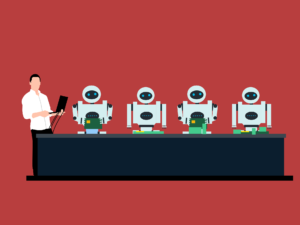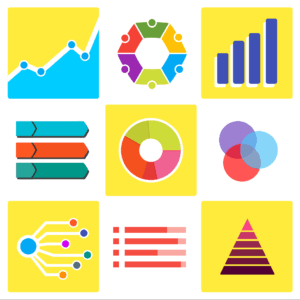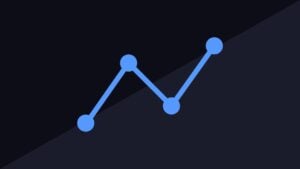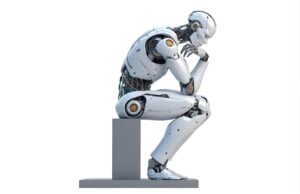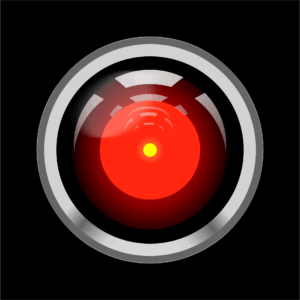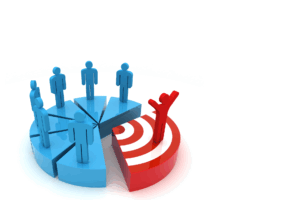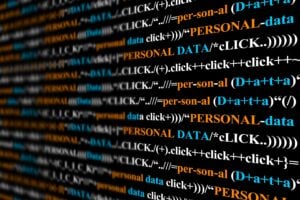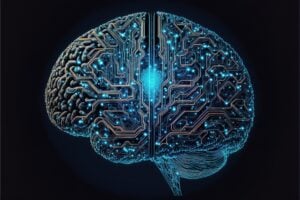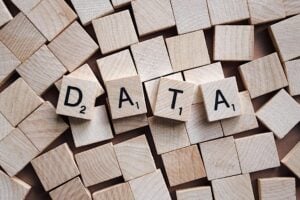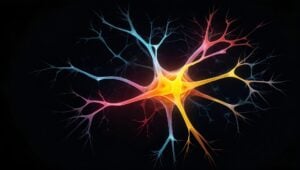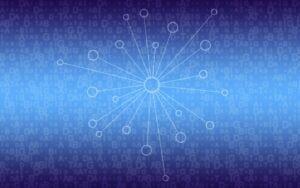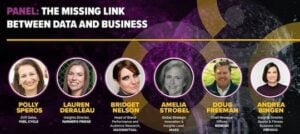The Role of Human Insights
Is it more challenging to break into the data science field nowadays? Some in the data science community feel that’s the case, while others see it as merely a shift in skills and responsibilities for the entry-level associate. Mind versus machine, or at least minds with machines, should be top of mind for many applicants at this juncture in the data science discipline.
June Dershewitz, Co-Founder, InvestInData, notes, “The important thing for people who are just entering the field is to make sure that they are highlighting and honing the skills that require human judgement. It will not be the kinds of skills that are going to be replaced by automation of any kind. Recognizing where you as a human can add value, when it comes to understanding and interpreting and using data—to make money, save money, or keep customers happy.”
For Dershewitz, the entry level data scientist may need to highlight more of their human insights and contributions in the future.
“You’ve got to highlight your contributions that you make with human judgement,” she says. “In the future, it will be the factor that separates candidates from one another. Those who are strong in the kinds of skills that may get replaced in the next couple of years may have to upskill versus the people who are doing something that really does add human value to the equation. That is our unique power—critical thinking.”
Making an Impact
For Michael Bagalman, Vice President, Business Intelligence and Data Science, STARZ, it’s less about the latest, shiny AI tools and more about the skills of the human behind them.
“Everyone uses the same tools… Excel, Tableau (or maybe Power BI), Python and so on. It’s not the tools that make the insights; it’s how you use them. Everyone needs to stop copying Medium tutorials and start thinking through the problems in front of them,” says Bagalman.
Putting that in context, Bagalman offers some sound advice to the entry level data science or market research professional. In essence, it focuses on being more of a consultant and strategist, and one that can visualize and tell a story with data. That is how one can make an impact and influence decision-making.
- Ask “So what?” Every time you find a stat, ask yourself why anyone should care. If you can’t answer that, you’re just decorating slides.
- Understand the business. Your data lives in a story. If you don’t know the plot, your insights are just random scenes.
- Think like an investigator. Don’t stop at the first stat. Ask why, how, and what next. Dig until you find the story behind the numbers.
- Context is everything. A 5% increase in sales? Cool. But if the market grew 20%, you’re underperforming.
- Communicate like a human. No one remembers a chart. Everyone remembers a killer story.
- Simplicity wins. If your audience can’t understand it, your insight is dead on arrival.
- Visualize with purpose. Don’t make pretty charts. Make punchy charts. The kind that slaps people in the face with clarity.
- Own the insight. If your analysis is solid, be confident. Present it like you’re delivering a verdict, not asking for permission.
The Rising Importance of Specialization
The data science field is indeed changing for entry-level and experienced workers alike. The general data scientist role is evolving into more specialized areas. Entry-level candidates may find it beneficial to focus on developing expertise in specific domains like machine learning, data engineering, natural language processing and computer vision (analyzing image and video data).
Since we asked our two human data scientists their thoughts on the field, we thought it only fitting to ask AI, in this case Gemini, what key skills entry-level data scientists need today:
- Programming: Proficiency in Python and SQL is essential. Familiarity with R is also beneficial.
- Data Analysis: Skills in data wrangling, cleaning, exploratory data analysis (EDA), and statistical analysis are fundamental.
- Machine Learning: Understanding of basic machine learning algorithms (both supervised and unsupervised).
- Data Visualization: Ability to communicate insights effectively using tools like Tableau, PowerBI, and Matplotlib.
- Big Data Technologies: Familiarity with tools like Spark and Hadoop can be advantageous, especially for data engineering roles.
- Cloud Computing: Knowledge of platforms like AWS, Azure, or Google Cloud is increasingly in demand.
- Communication Skills: Ability to explain technical findings to both technical and non-technical audiences is crucial.
- Problem-Solving: Strong analytical and critical thinking skills to tackle complex data-related challenges.
- Domain Knowledge: Understanding the specific industry or business context of the data being analyzed is a plus.
Telling a (Data) Story
It’s an interesting juxtaposition when one looks at Michael Bagalman’s advice, which focuses on the human skills and judgement needed for entry-level data scientists—contrasted with Gemini’s list of skills needed, which mostly focuses on hard skills in terms of programming and analysis. Still, both human and machine emphasize the data visualization and storytelling abilities. Perhaps it’s a combination and integration of both human and machine skills that will create the right algorithm for success in the future data workplace.
Video courtesy of Sundas Khalid
Contributor
-

Matthew Kramer is the Digital Editor for All Things Insights & All Things Innovation. He has over 20 years of experience working in publishing and media companies, on a variety of business-to-business publications, websites and trade shows.
View all posts










